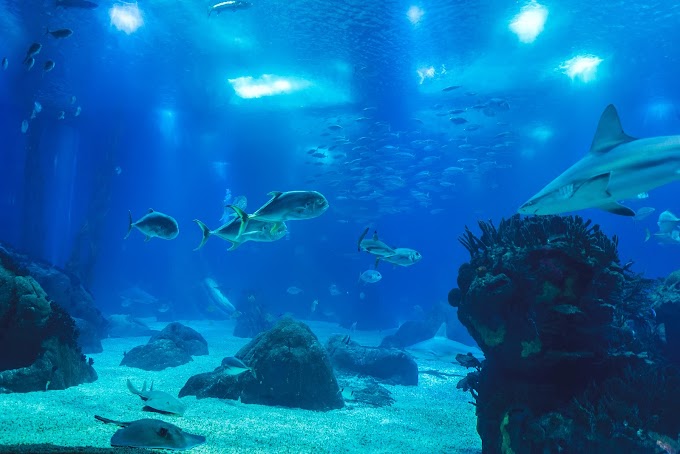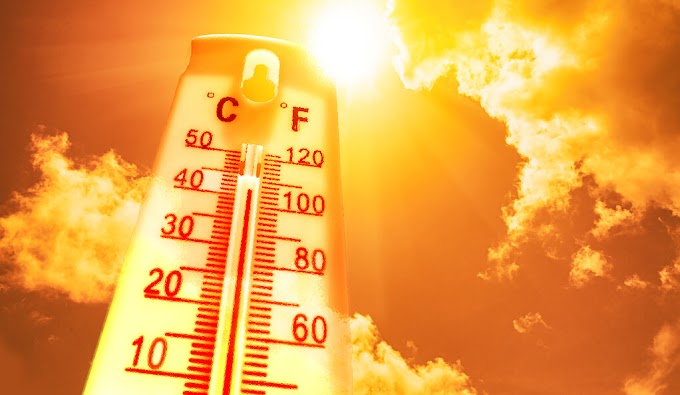Environmentalist tries to safeguard the air and water on which we all rely, as well as to conserve and protect complete ecosystems composed primarily of animals, plants, and humans found in diverse environments around the world.
Who is an Environmentalist?
An environmentalist is a person who is concerned about the preservation and protection of the natural environment. They work to raise awareness about environmental issues and promote sustainable practices that can help to reduce the negative impact of human activity on the planet.
Environmentalists come from all walks of life and can be found in many different fields, including science, politics, advocacy, and education. They may be scientists, researchers, policymakers, activists, or educators, but all share a common goal: to protect the earth and its inhabitants for future generations.
Environmentalists come from different backgrounds and can be found in various fields.
Some examples of fields where environmentalists can be found include science, politics, advocacy, and education.
- Environmentalists may be scientists who study the natural environment to understand its workings and how human activities are impacting it.
- They may also be researchers who use this knowledge to inform policy decisions and develop new technologies that can reduce the negative impact of human activity on the planet.
- Environmentalists may also be policymakers who work to create laws and regulations that promote sustainable practices, such as renewable energy and conservation of natural resources.
- They may also be activists who raise awareness about environmental issues and advocate for change.
- Educators also play a role in environmentalism by teaching about environmental issues and promoting sustainable practices in schools and other educational settings.
Despite their different backgrounds and roles, all environmentalists share a common goal of protecting the earth and its inhabitants for future generations.
Environmentalist and Climate Change
In addition to advocating and researching, environmentalists also work to promote sustainable practices in their personal and professional lives. This can include using eco-friendly products, reducing waste, conserving water and energy, and supporting local and organic agriculture.
Climate change is one of the most pressing environmental issues of our time, and environmentalists are playing a key role in addressing it. They are working to raise awareness about the causes and effects of climate change, as well as to promote solutions that can help to reduce greenhouse gas emissions and mitigate the impacts of climate change.
How to become an Environmentalist?
Becoming an environmentalist can take many different forms, depending on your interests and career goals.
Here are a few steps you can take to start down the path of environmentalism:
Learn about environmental issues: Start by educating yourself about the different environmental issues faced by our planet today. Read books, articles, and reports about climate change, deforestation, pollution, and other topics.
Get involved in local environmental organizations: Look for local groups or organizations that are working on environmental issues in your community. Join a group, attend meetings, and volunteer to help out with events and campaigns.
Take action: Once you have a better understanding of environmental issues, you can start taking action to make a difference. This can include things like reducing your own environmental footprint, speaking out to raise awareness about environmental issues, or lobbying for policy change.
Consider pursuing a career in environmentalism: If you're interested in making a career out of environmentalism, there are many options available. Consider studying environmental science, policy, or law in college or graduate school.
Learn about sustainable living: To be an environmentalist, you will have to learn how to live sustainably. This means making conscious choices that are good for the environment, like eating organic, reducing waste, conserving water and energy, and supporting local and organic agriculture.
Be a role model: As an environmentalist, you will be an advocate for the planet and its inhabitants. You should be a role model to others and lead by example.
Be updated: Environmental issues and policies are continuously changing and evolving, stay informed and updated on the latest news, research, and developments in the field, and be open to learning new things.
Remember that becoming an environmentalist is not an overnight process, it requires time, effort, and dedication. But every small step you take can make a difference in preserving our planet for future generations.
Climate change, deforestation, pollution, overfishing and many other environmental issues are affecting the planet and its inhabitants in a negative way. Environmentalists are the voice of nature, and they will continue to raise awareness and push for sustainable practices and policies that can help preserve the natural environment for future generations.
In conclusion, Environmentalists are people who are passionate about preserving and protecting the planet and its inhabitants for future generations.
They work to raise awareness about environmental issues and promote sustainable practices that can help to reduce the negative impact of human activity on the planet.
They come from different backgrounds and fields, but they all share a common goal: to protect the earth and its inhabitants.
It's a continuous effort, and it requires the participation of everyone to make a better world for all.










.png)

